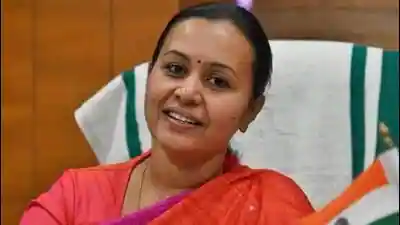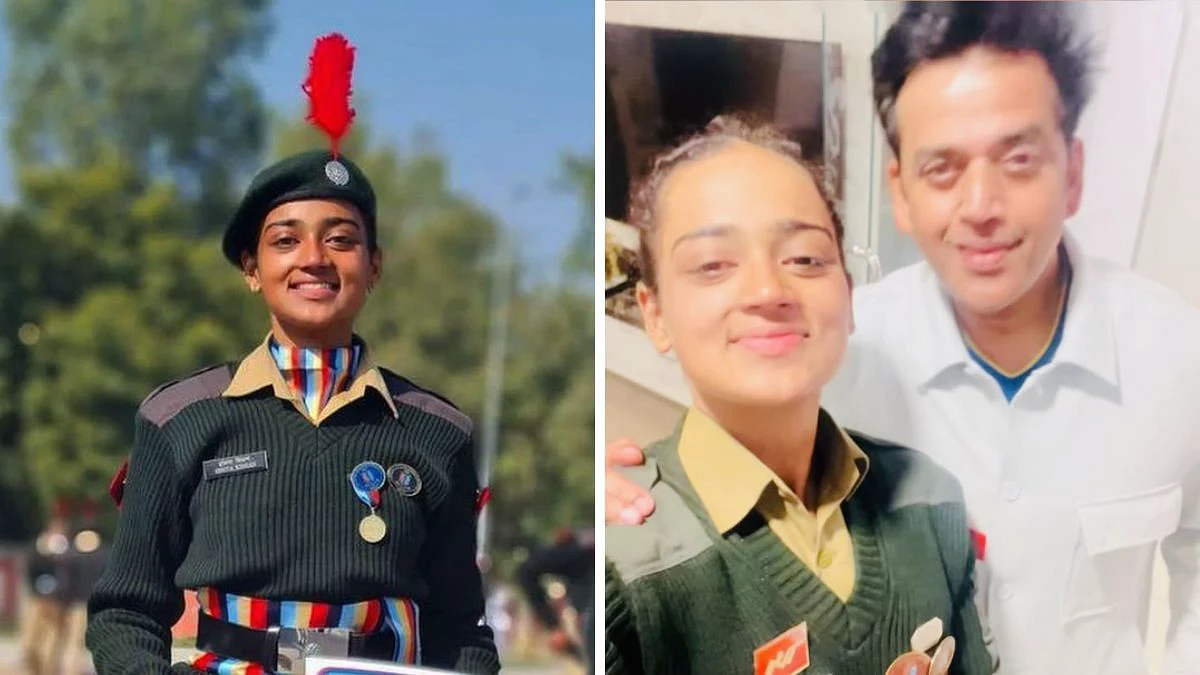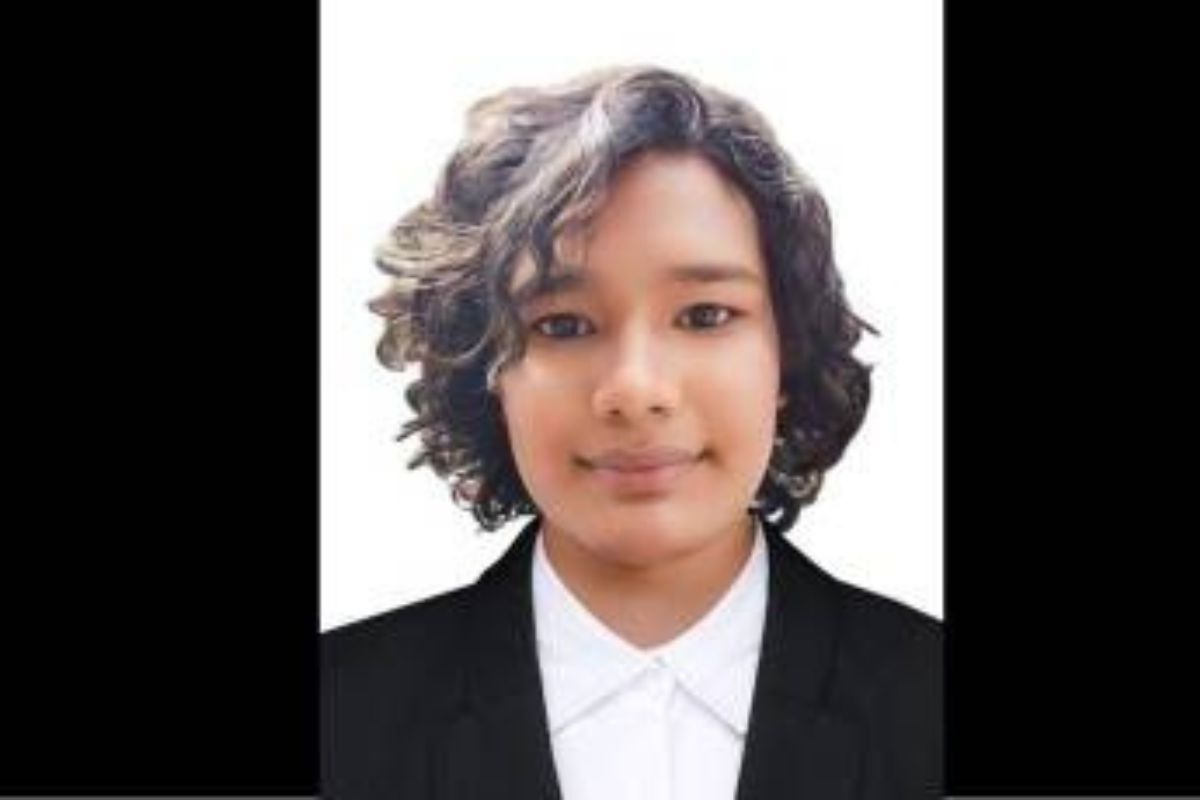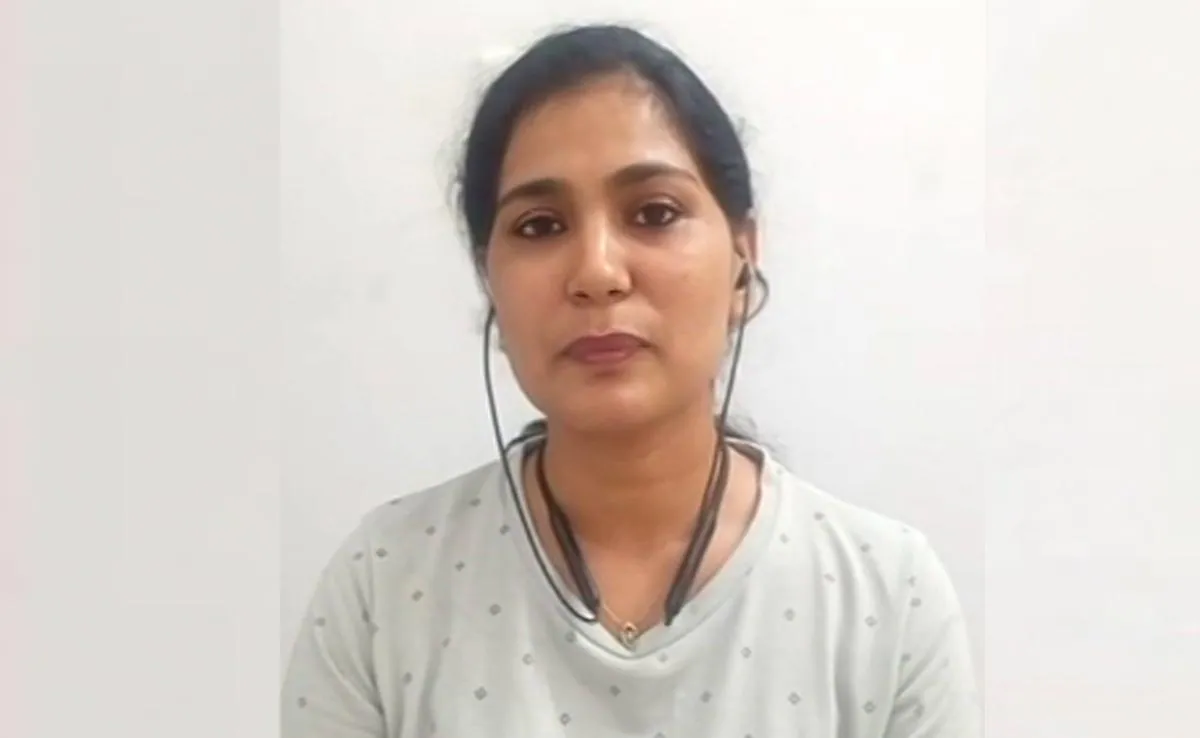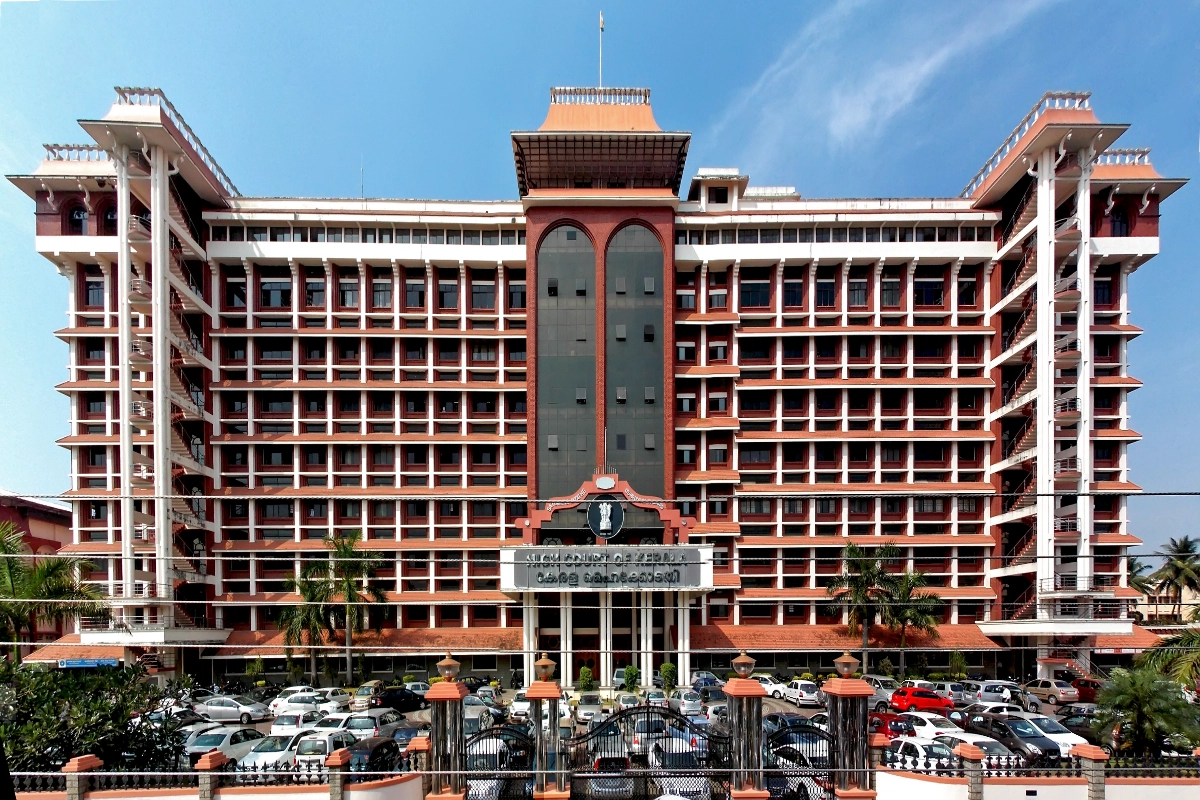The Kerala High Court on Monday, 15 March, ruled that Hina Haneefa, a 21-year-old transgender woman, can be enrolled in the National Cadet Corps (NCC). Haneefa had challenged a decision of the NCC to exclude her from the women’s wing of the corps.
The judgment was delivered by Justice Anu Sivaraman.
As per the judgment, a transgender person is entitled to be admitted to the NCC in accordance with her self-perceived gender identity. In other words, Haneefa, who identifies as a woman, can be inducted into the female wing of the NCC.
The single bench of Justice Anu Sivaraman said “a transgender person has the right to be recognised not only as a transgender but also a right to self-perceived gender, i.e. the female gender,” Sivaraman was quoted as saying by LiveLaw.
The Act was intended to give effect to the rights of transgenders under Article 14, 15, 19, and 21 of the Constitution. In view of the specific provisions of the 2019 Act.
“The denial of enrolment is unsustainable. The petitioner will be entitled to participate in the selection process on the basis of her application. If she is successful, the petitioner will be enrolled in NCC Unit,” Sivaraman was quoted as saying by LiveLaw.
The court also directed the NCC to amend its enrolment criteria and allow the provision to include transgender persons as eligible for seeking admission in the cadet corps. Necessary changes to the enrolment criteria must be made within six months, the court held.
The court had directed the NCC unit of the University College, Thiruvananthapuram, to keep vacant one seat when the petition filed by the transgender person against the refusal by the NCC to admit her in the university college unit came up last time. The petitioner had alleged that she was denied enrolment only because of her gender. The plea had also challenged Section 6 of NCC Act which allows only males and females to enrol in the NCC.
The court pointed out that the petitioner “who has opted for female gender and had undergone two SRS [sex reassignment surgery] for aiding her self-perception as a member of the said gender will definitely be entitled to enrolment in the NCC Unit reckoning her as a transgender and further as a member of her self-perceived gender, ie female gender”.
Opposing the plea of the petitioner, the NCC had submitted that as per the existing policy, there was no provision for allowing transgender students to get themselves enrolled in the NCC. It was the prerogative of the Central government to constitute a new division for the third gender. Only male and female genders were now allowed to enrol in the NCC. In fact, before constituting a new division for the third gender, the Centre had to conduct a major exercise in terms of reviewing the infrastructure facilities, modules and facilities for such a division. Any induction of a candidate from the transgender community without due deliberations by the authorities would have far-reaching ramifications. The issue of raising a new division was a policy decision to be taken by the Centre.




